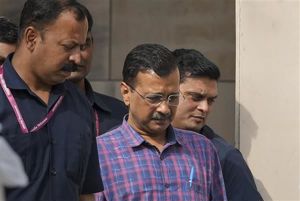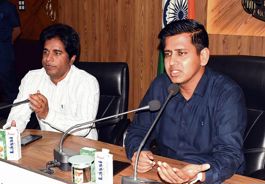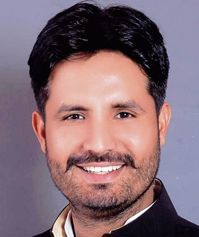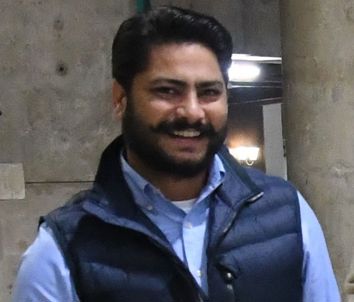
M Rajivlochan
Member, state higher education council, chandigarh
Knowledge is a key resource for the growth of any business. In times of capitalism, businesses have achieved quantum jumps in productivity through research. Research that was done by people not directly connected with businesses. Therefore, it seems amazing that the Indian state hesitates to fund research while the true benefit of research can only be had if it is done on a large enough scale. Research has never been able to claim even 1% of the GDP for investment.
But, there is a downside to investing in research and innovation. The success rate of ideas and innovations in the real world is very low. For every idea that works, there are thousands that do not. To take outlier one example, the drug company Pfizer had been working on a promising heart drug for over a decade in 2006. It had pumped in nearly a billion dollars into developing and testing the drug. And then it found out that the drug had led to 82 deaths. It caused heart problems instead of solving them. Pfizer pulled the plug on the drug and all trials were stopped. It was a costly lesson. The world is littered with such stories of failed research. In India, industries and industry associations refuse to pay such high-sunk costs. Hence the need for the government to step in.
We only need to remember all illustrious people in the history of science and invention who died unsung. Today, every student knows about the science of heredity and that Gregor Mendel, the Austrian monk, was the father of that science. Mendel did his experiments on pea plants for eight years and when he published his work in the 1860s, there was hardly any response. Historians of science have said perhaps people at that time were looking for whether new species could be produced from existing ones, hence there was little market for the processes by which specific traits were transmitted within the same species. It was 40 years after his death that his ideas received wide recognition. Had he been asked to seek funds from a private benefactor, he and many others like him, would have been unable to do that kind of research.
It is only governments that can have the kind of long-term perspective which enables high-end research, whether in the basic sciences or applied sciences, to fructify. Cutting-edge research is too important to be left entirely to market mechanisms. It is here that we need the government to step in and provide real time support, financial and otherwise, for research into the sciences and society. It is governments that can best invest in building the wealth of the nation.
Given that Indian industry has been reluctant to pursue research goals, it is reasonable for governments to look towards funding research. If only the brain power of a thousand-odd universities, whether government or private, could be mobilised!
Figures for 2016-17 show that the higher education sector gets about 3.8% of India’s annual expenditure on science research of an estimated Rs 1,04,864 crore. And yet, all these universities and colleges put together account for 33% of the annual output in terms of research papers and publications.
In respect of patents, the figures are even more telling.
For 2016-17, 45,444 applications were filed in India for patents. Only 29% of these applications came from Indian applicants, the remaining patents were from foreign companies/nationals in India.
No private institution in India even came close to the figure of 1,840 patents filed by a single US major, Qualcomm.
When we consider the minimal funding made available to institutions of higher education, their performance is, indeed, commendable. It is in the nature of knowledge institutions to generate knowledge. If these institutions could be provided more research funds and set free of excessive controls, there is a fair chance that they will create great value for society.
There also has to be a sense that research on society and research in science and technology are two different things. Research in social sciences and humanities focuses on the warts of society. That is inevitable in a society polarised along multiple lines and researchers believe that findings can be used to either undermine the existing government or provide it with ideological support. The thing to demand from these scientists is to, one, adhere strictly to the principles of science and scientific evidence testing; and two, to provide doable solutions and insights into the problems. A stellar example here is the researches of Prof Vasant Shinde on the Harappan culture. It ends up providing us invaluable insight into the continuities that mark Indian culture and civilisation across the entire subcontinent. It enables us to transcend the intractable question of who we as a nation are. He has effectively reconstructed important strands of the Indian identity. But, before that research began, no one could have possibly predicted such an outcome.



























